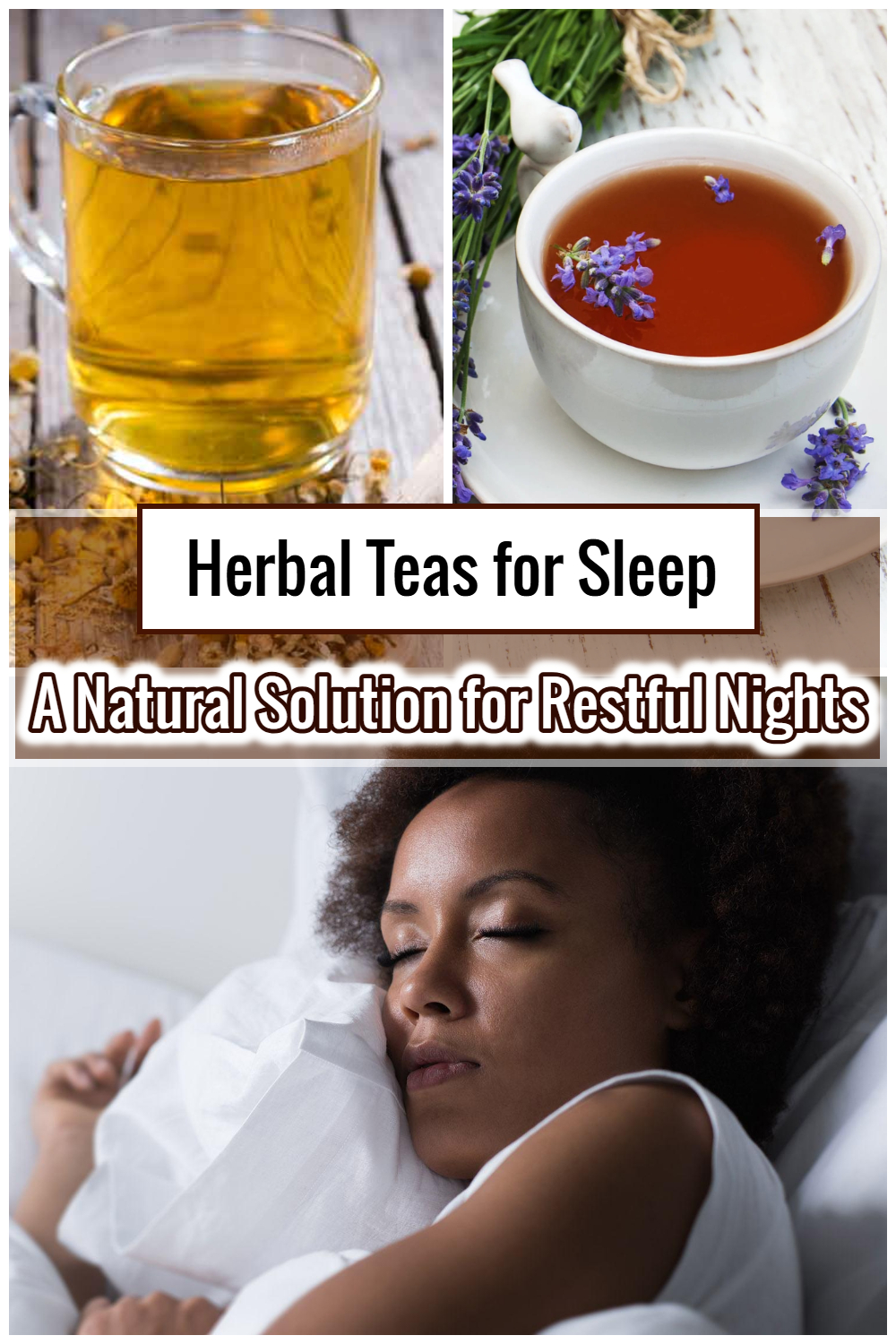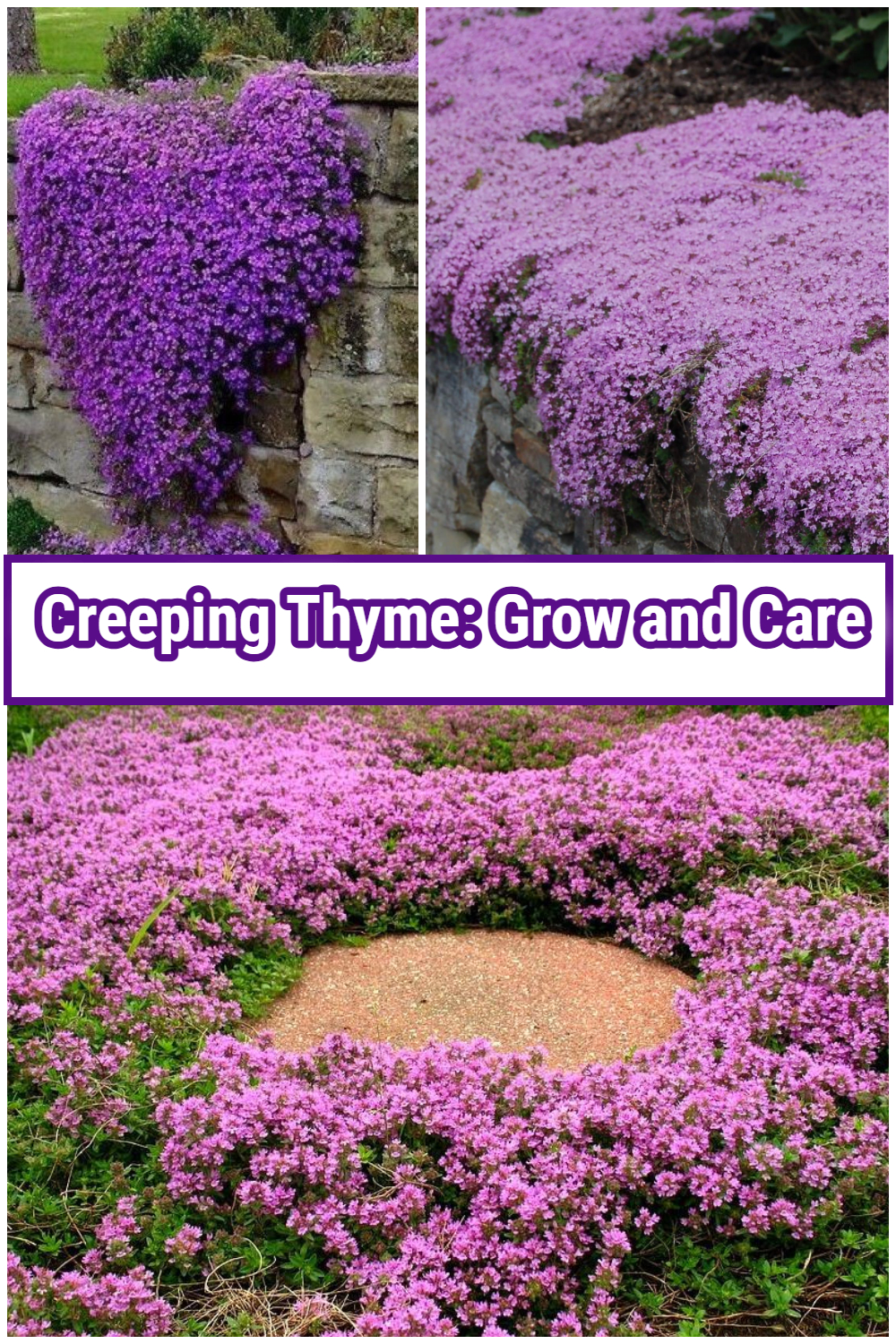A good night’s sleep is essential for overall health and well-being. In our fast-paced world, however, there is a list of factors that disrupt sleep patterns, leading to restlessness and insomnia. Millions of people around the world suffer from sleep disorders. Are you tired of tossing and turning at night, struggling to fall asleep or staying asleep? Here comes a soothing solution in a simple cup of tea.
Herbal tea offers a gentle, natural way to improve sleep quality. These time-honored remedies harness the power of plants to calm the mind and body, making them a natural alternative to traditional sleep aids, often with fewer side effects. This article explores the 9 best herbal teas for sleep, how they work, and practical tips to incorporate them into your nightly routine.
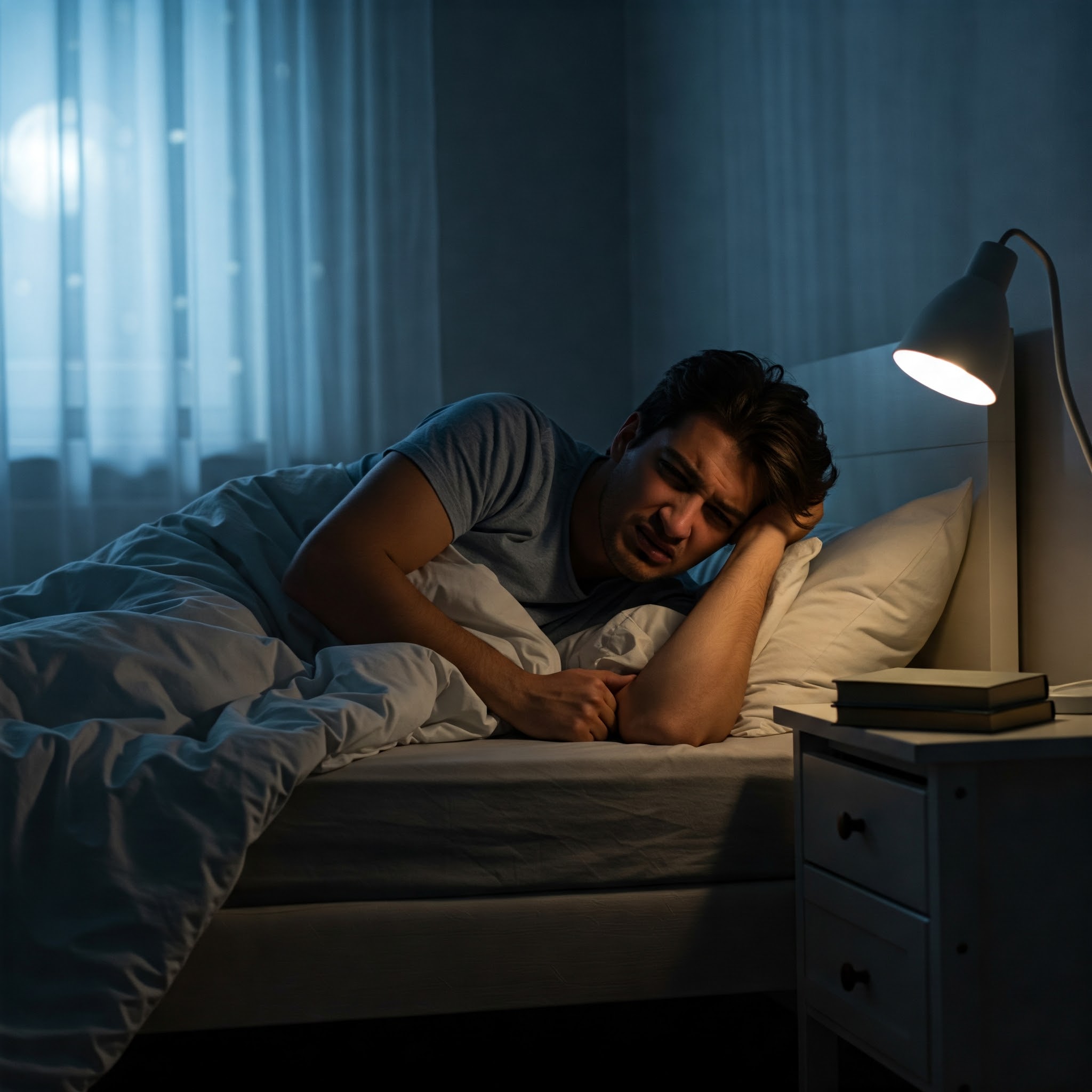
8 Best Herbal Sleep Aids
Below are 8 effective herbal teas to bring to your sleep routine:
1. Chamomile Tea
Chamomile tea is a classic sleep aid. It contains apigenin, an antioxidant that binds to certain receptors in the brain, promoting sleepiness and reducing insomnia. Additionally, chamomile has calming properties that help lower stress and anxiety levels, making it easier to unwind before bedtime. To prepare, steep 1-2 teaspoons of dried chamomile flowers in hot water for 10 minutes and drink 30 minutes before bed.
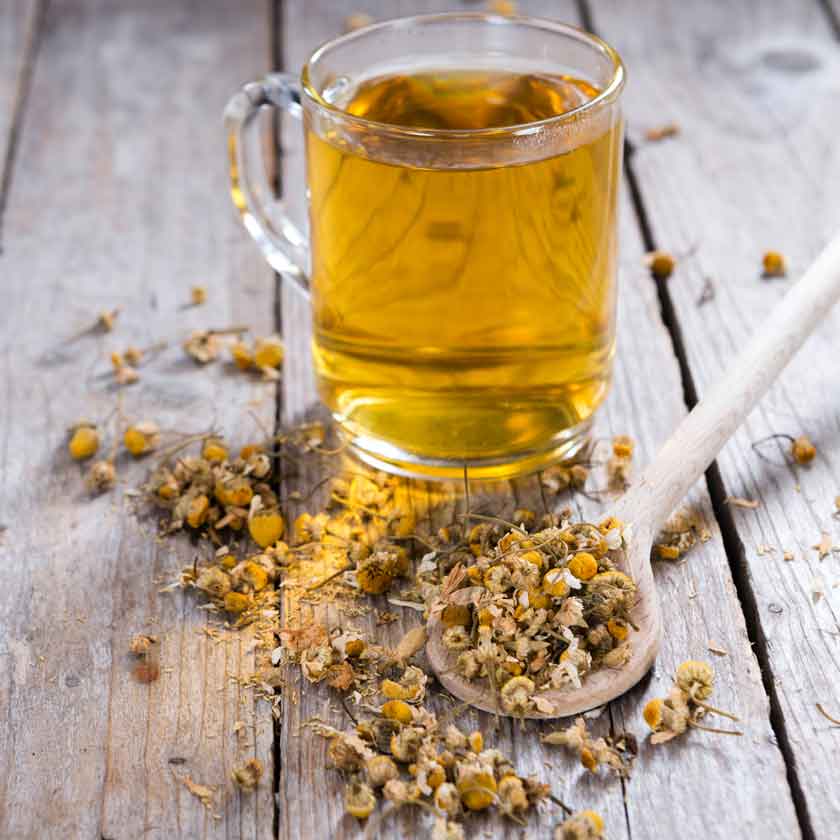
2. Lavender Tea
Lavender is renowned for its relaxing aroma, which is often used in aromatherapy. Drinking a cup of lavender tea before bed can help reduce stress, anxiety, and mild insomnia. Studies indicate that lavender promotes deeper sleep and improves sleep quality, making it an excellent herbal remedy for those struggling with restlessness. Use 1 teaspoon of dried lavender or a tea bag, steeping for 5-10 minutes.
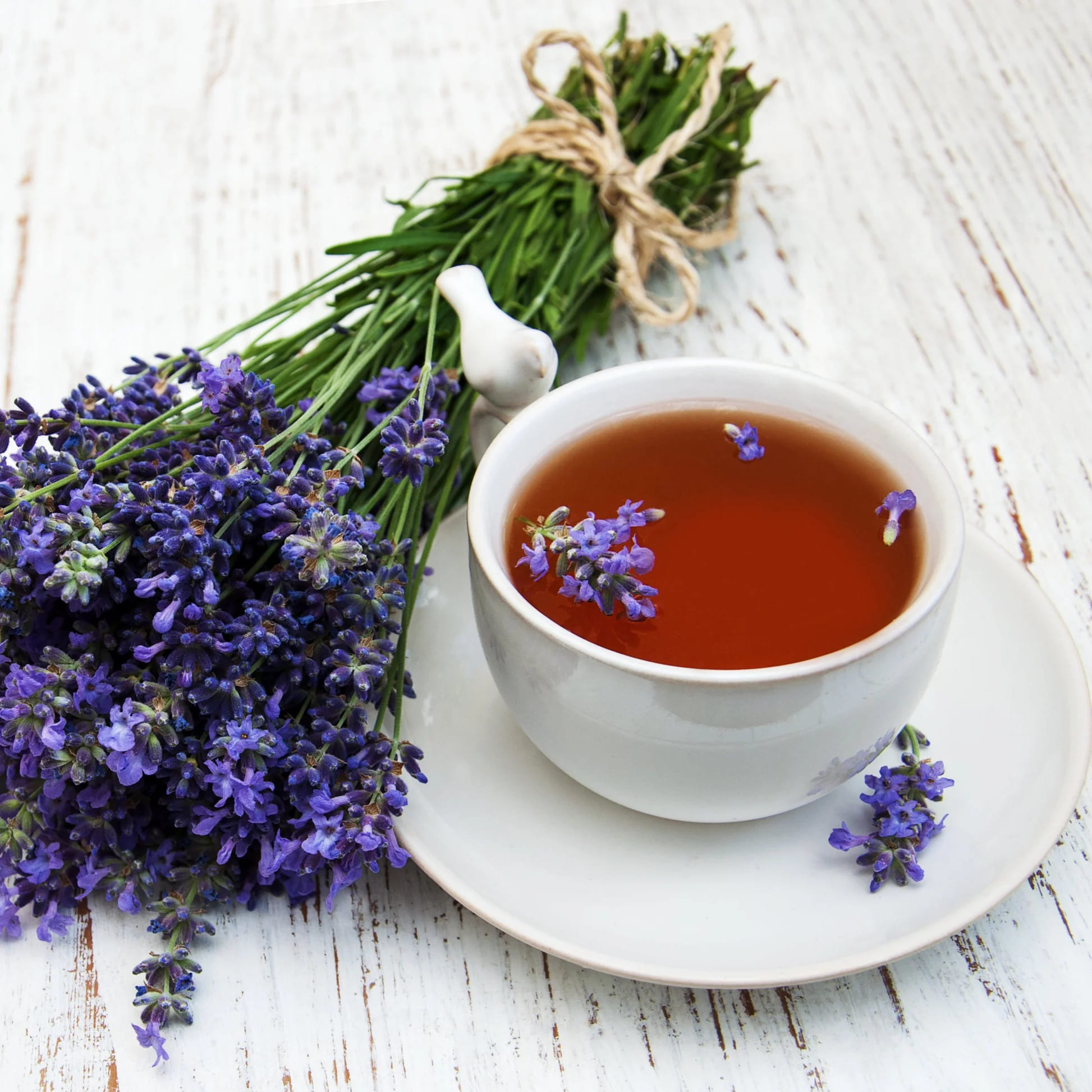
3. Valerian Root Tea
Valerian root tea is a potent sleep aid due to its natural sedative properties. This herb helps increase levels of gamma-aminobutyric acid (GABA) in the brain, inducing relaxation and reducing nervous tension. Studies have shown that valerian root can significantly improve sleep quality and reduce the time it takes to fall asleep. This is the reason why many people use valerian root tea as an alternative to sleeping pills to help them fall asleep faster and sleep longer.
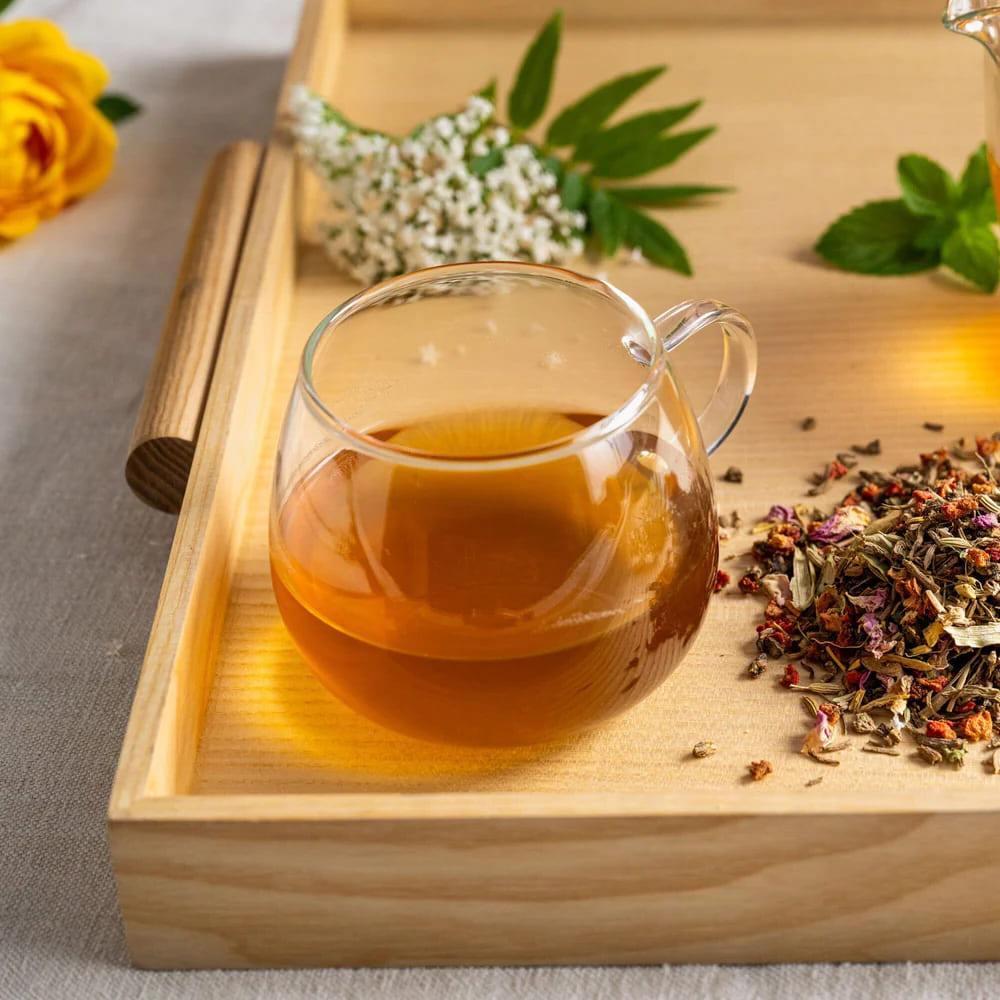
4. Peppermint Tea
Peppermint tea is primarily known for its digestive benefits, however, it can also promote better sleep. The menthol content in peppermint tea helps soothe the body and aid digestion, reducing discomfort that might disrupt sleep.
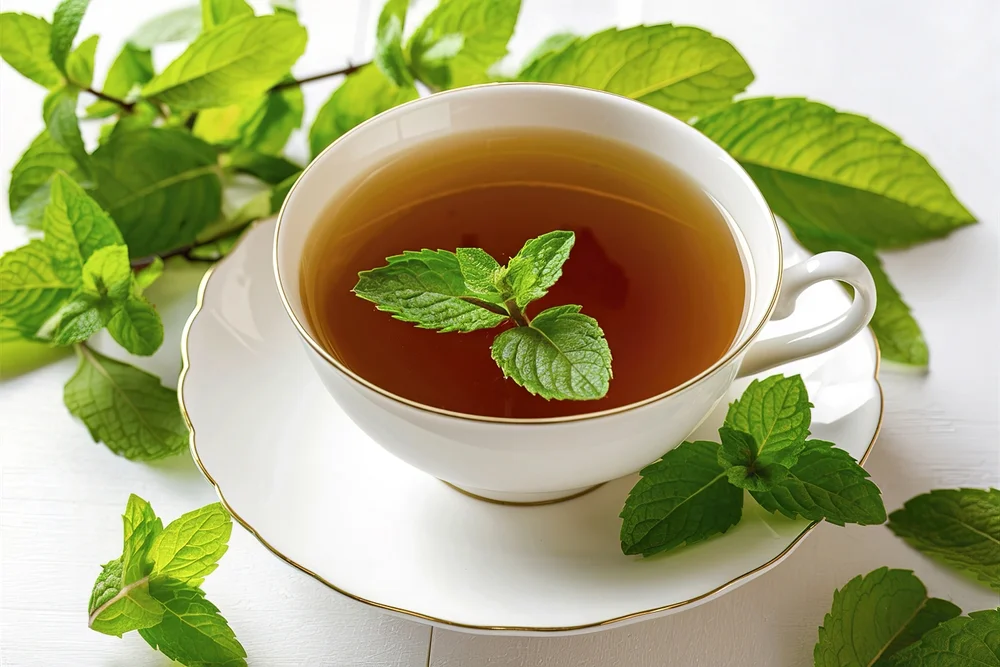
5. Lemon Balm Tea
Lemon balm, packed with rosmarinic acid, aids in reducing stress, promoting relaxation, and improving sleep patterns. Drinking lemon balm tea in the evening may help alleviate anxiety, making it t easier to drift into restful sleep.
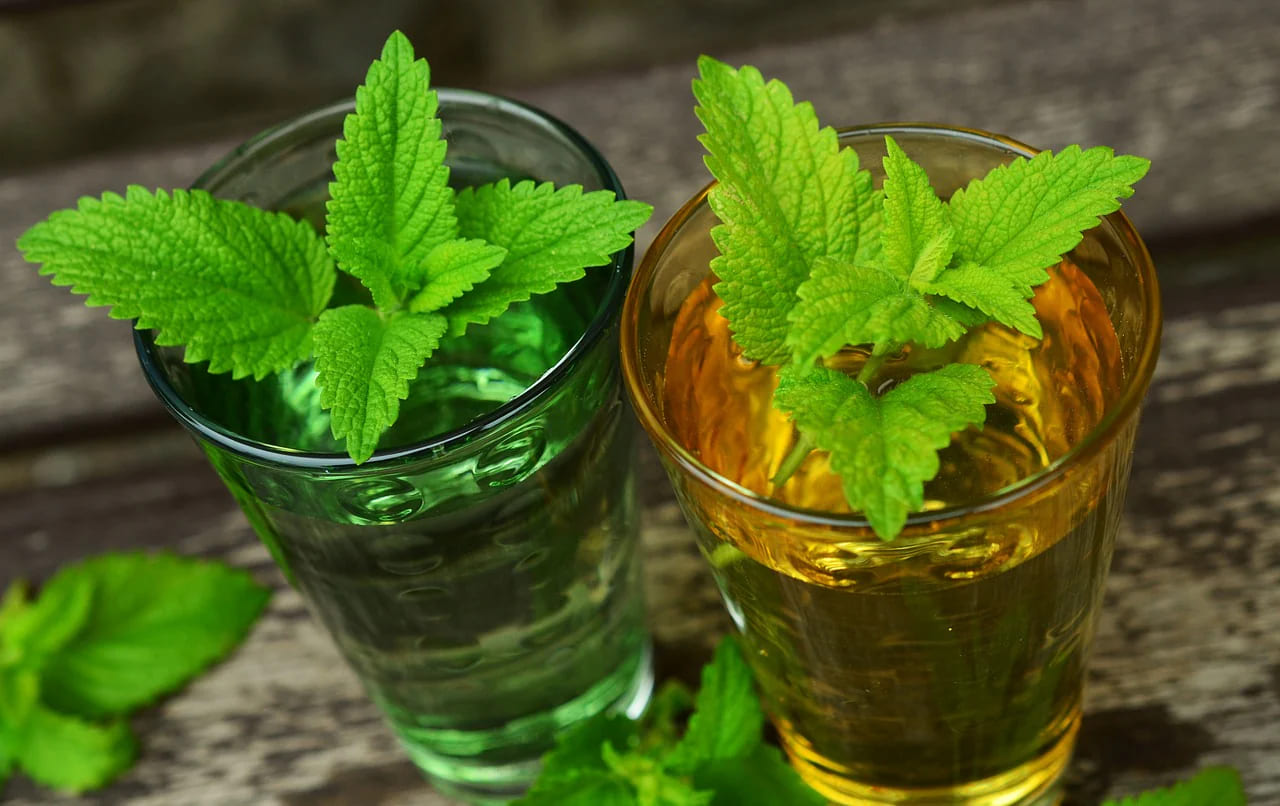
6. Passionflower Tea
Passionflower tea is a highly effective herbal sleep aid for its sedative effects. Like valerian root, this tea boosts GABA levels in the brain, helping to reduce insomnia and nervous tension. Studies suggest that passionflower tea improves sleep duration and overall sleep quality, making it a great natural alternative to traditional sleep aids.
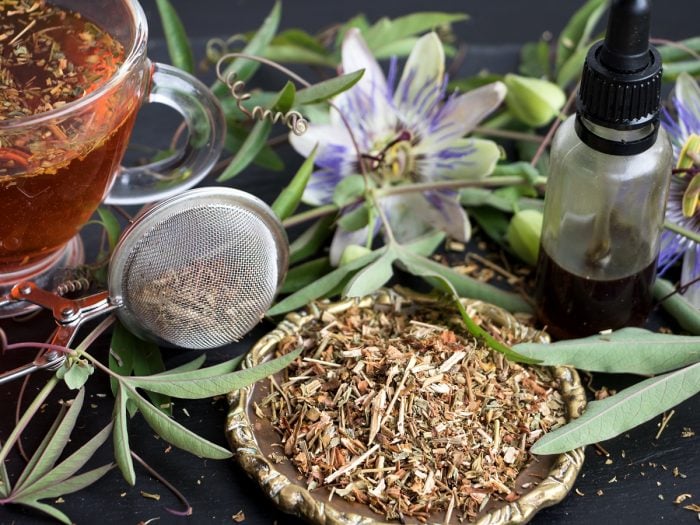
7. Magnolia Bark Tea
Magnolia bark contains honokiol, which binds to GABA receptors, helping to reduce the time it takes to fall asleep. This plant has been used in traditional Chinese medicine for centuries. Magnolia tea is especially beneficial for people experiencing anxiety-related insomnia.
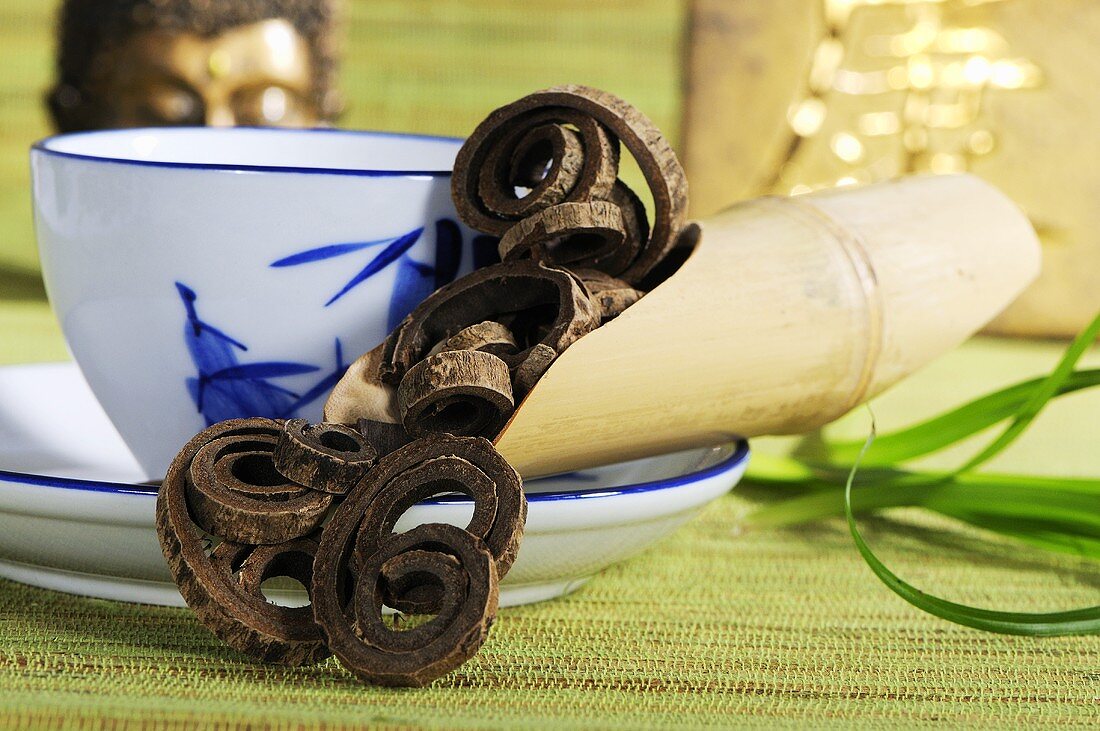
8. Green Tea (Low Caffeine)
Green tea is a low-caffeine drink that contains L-theanine, an amino acid that promotes relaxation and improves sleep quality. Research indicates that L-theanine can reduce sleep latency and improve sleep satisfaction.
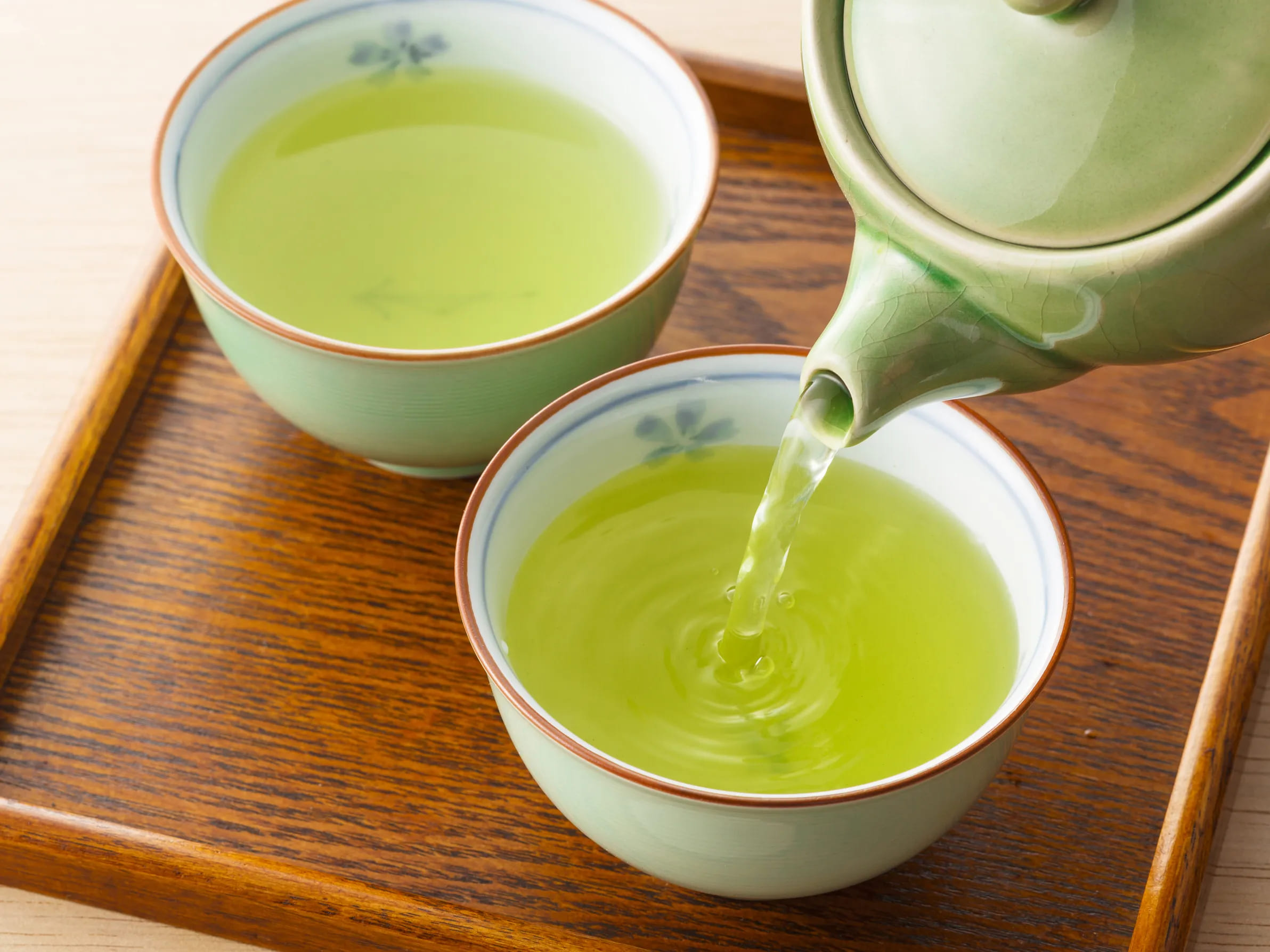
How to Use Herbal Tea for Sleep
To maximize the benefits of these teas, consider the following tips:
- Timing: Steep herbal teas in hot water for 5-7 minutes to extract their full benefits. You should drink it about 30 minutes to an hour before bedtime to allow the active ingredients to take effect.
- Preparation: Use fresh ingredients and follow brewing instructions to enable the tea to release the active ingredients.
- Enhance the effects: You may add a teaspoon of honey for extra relaxation or a slice of lemon for added flavor and health benefits.
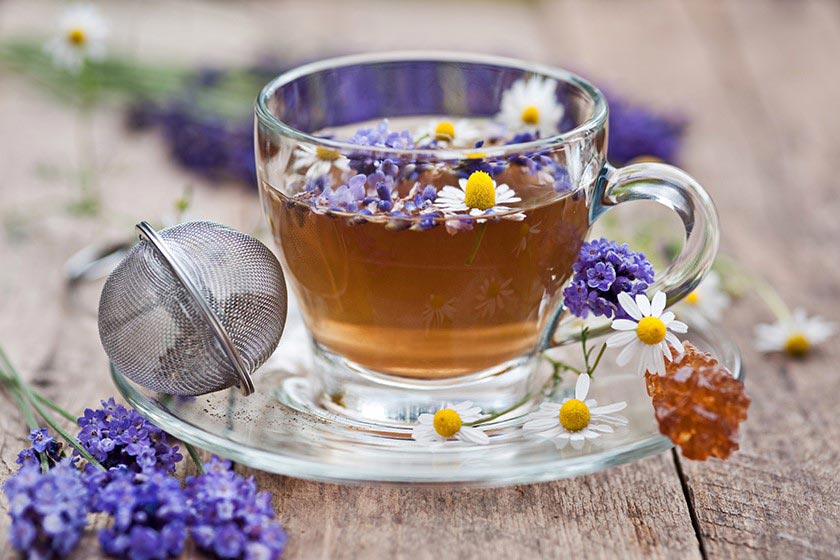
Precautions and Considerations
While herbal teas are generally safe, there are a few precautions to keep in mind:
- Potential side effects: Some herbs may cause mild side effects such as drowsiness, dizziness, or digestive discomfort.
- Medication interactions: Valerian root, lemon balm, and other herbal teas may interact with medications, especially sedatives or blood pressure drugs. If you are on medication or have any underlying conditions, you should consult a healthcare provider before using herbal teas for sleep aid.
- Children and infants: Young children should not use herbal teas for sleep without seeking medical advice from a healthcare professional.
- Pregnancy: Pregnant or breastfeeding women should consult with their healthcare provider before using herbal teas for sleep.
- Quality matters: You should always choose high-quality, organic herbal teas to ensure purity and effectiveness.
Conclusion
Herbal teas offer a gentle, effective way to promote relaxation, reduce anxiety, and improve sleep quality. Each has calming effects, aiding in reducing stress, and preparing your body for rest. By incorporating herbal teas into your bedtime routine, you can say goodbye to restless nights and harness a restful and refreshing sleep. Remember to always consult with your healthcare provider before trying new herbal teas, especially if you have any underlying medical conditions.
